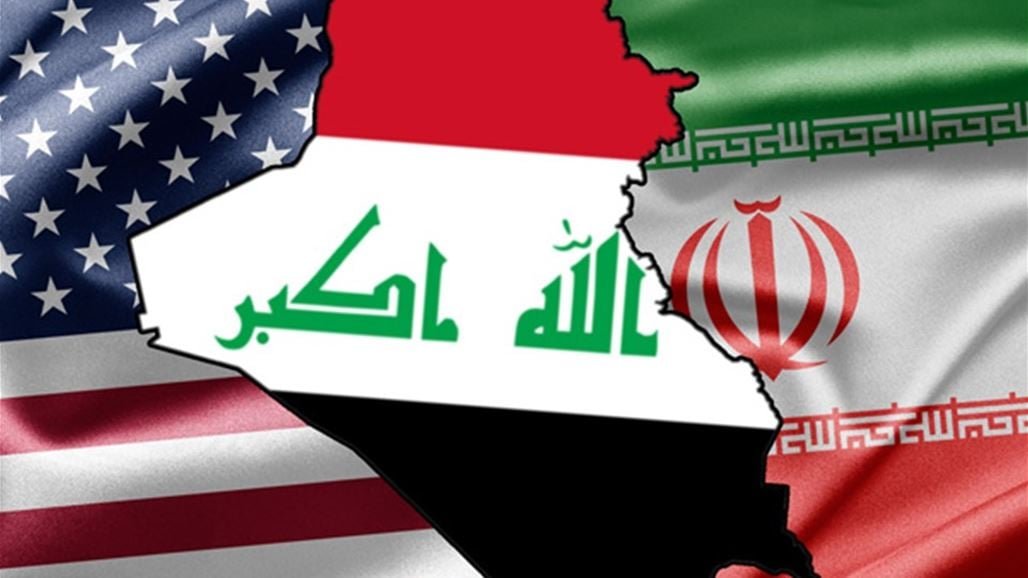Iraq’s economy faces US and Iran pressures, shaping its financial policies and trade relationships. A discussion at the London School of Economics (LSE) explored Iraq’s economic ties with both countries. Ahmed Tabaqchali analyzed the use of the dollar and Iraq’s role in regional trade.
Iraq’s economy faces US and Iran pressures, affecting its financial stability. The US has tightened its stance on Iran, influencing Iraq’s economy. Washington views Iraq’s trade through the lens of Iranian influence. This perspective impacts US policies and their effect on Iraq’s financial system.
Trade data shows Iran’s strong economic relationship with China. In 2024, China bought 95% of Iran’s 1.55 million barrels per day of oil. These exports generated $36 billion in revenue. China also imported $3 billion worth of LPG and $11 billion in other goods. The total reached $50 billion, showing a well-connected financial network.
Iraq’s economy faces US and Iran pressures, leading to trade dependencies. During the same year, Iraq imported $3 billion in gas and electricity from Iran. These imports fell under humanitarian waivers. Additionally, Iraq’s private sector purchased $7.7 billion in Iranian products.
Tabaqchali’s analysis raised important questions about economic power in the region. He compared Iraq’s financial role to Iran’s massive trade with China. He questioned the claim that Iraq serves as Iran’s main economic support. With China playing a dominant role, Iraq’s influence appears limited.
As Iraq moves forward, it must navigate pressures from both the US and Iran. Policymakers need to balance international relationships while protecting Iraq’s financial system. The discussion at LSE highlighted these complex challenges.





